What Are The Causes and Symptoms of Blocked Fallopian Tubes?
Fertility Treatment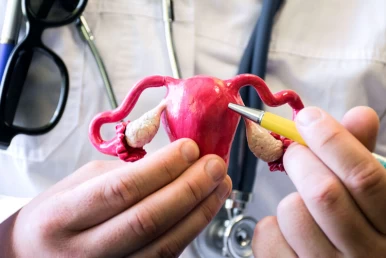
The fallopian or uterine tubes are muscular 'J-shaped' tubes in women's bodies lined with fine hair-like structures. Uterine tubes connect the uterus to the ovaries. The fallopian tubes are an essential pathway for an egg to journey from the ovaries to the uterus. They are also the passage for the sperm to travel from the uterus to the egg. Therefore, any problem in the fallopian tubes can lead to fertility problems.
One of the main reasons for female infertility is uterine tube issues, including; fallopian tube blockage or Hydrosalpinx, i.e., the swollen and fluid-filled tube. Tubal factor infertility occurs when the blocked fallopian tubes prevent the egg and sperm from meeting, posing challenges for getting pregnant with blocked fallopian tubes. Some risk factors increase the chance of developing this problem.
In other words, if the fallopian tubes are blocked due to factors such as scar tissue, infection, pelvic adhesions, and surgery, the pathway of sperm and egg to meet, as well as the path for the fertilized egg to return to the uterus, is blocked, which will cause female infertility. Recognizing fallopian tube blockage symptoms is crucial for timely intervention and fertility management.
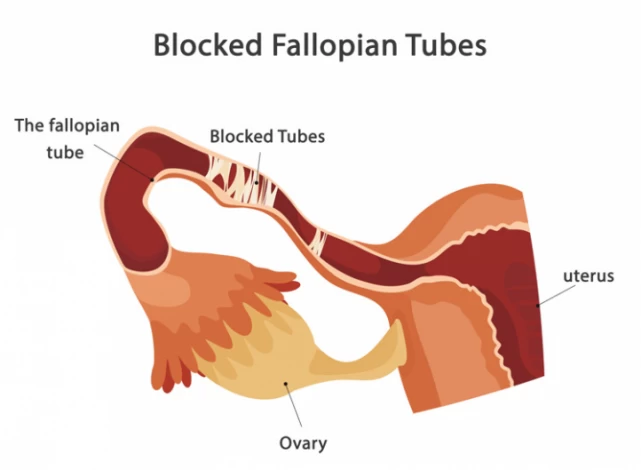
What Is the Blocked Fallopian Tube?
The pregnancy usually starts when sperm and an egg join the fallopian tubes, followed by embryo implantation and uterine growth. However, a blockage in the fallopian tubes prevents the egg and sperm from meeting. Therefore, Tubal factor (blocked fallopian) infertility occurs.
Blocked fallopian tubes or Hydrosalpinx can occur entirely or partially. A partial blockage can cause the fertilized egg to get stuck in the tube, increasing the risk of ectopic pregnancy.
According to the sources, the incidence of fallopian tube blockage in infertile women is 30%., 19%of which occurs in women with primary infertility and 29% in those with secondary infertility.
What Are Blocked Fallopian Tubes Symptoms?
According to the research, there is no clear and specific fallopian tube blockage symptoms. Many women do not know they have blocked tubes until they have trouble getting pregnant after trying for months. However, the followings are the most common symptoms of blocked fallopian tubes:
- Pain in the lower abdomen that becomes severe before and during menstruation;
- Abnormal vaginal discharge;
- Mild and regular pain in the pelvis or abdomen;
- Ectopic pregnancy;
- Stomachache;
- Pain on one side of the body;
- Vaginal bleeding.

What Causes Fallopian Tube Blockage?
Fallopian tubes are usually blocked by scar tissue or pelvic adhesions. Furthermore, some diseases' subsequent complications can increase the risk of fallopian tube problems.
- Endometriosis leads to painful periods and pelvic pain;
- A previous ectopic pregnancy that may scar the fallopian tubes;
- Past abdominal surgery can lead to pelvic adhesions and block the tubes;
- Pelvic inflammatory disease (PID): causes scar formation;
- Uterine fibroids and their noncancerous growths in the uterus on either side of the fallopian tubes;
- Past ruptured appendix;
- Previous tubal ligation, followed by a reversal surgery to unblock them that may damage one of the tubes.
- Certain sexually transmitted infections like chlamydia and gonorrhea cause scarring and may lead to pelvic inflammatory disease.
How to Diagnose Blocked Uterine Tubes?
The below procedures are performed to examine whether the fallopian tubes are blocked.
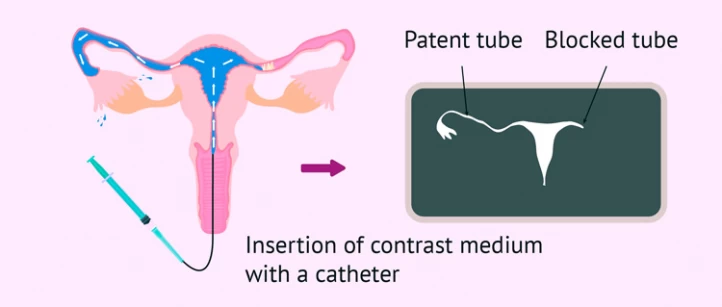
Hysterosalpingography (HSG or uterus color image)
In this procedure, contrast media is injected by a catheter through the vagina into the uterus. In this contrast, media fills the uterine cavity and the fallopian tubes, and high-resolution X-ray images are taken to give the doctor the necessary information about the uterus and fallopian tubes. HSG takes less than 5 minutes to perform and is usually done after menstruation and ovulation.
Hydrosonography (fluid ultrasound)
As a good alternative to uterus color image, the procedure involves a saline injection into the endometrial cavity and uses ultrasound to take images of the uterine tubes. This procedure can be performed in the doctor's office.
Laparoscopy
Laparoscopy for blocked fallopian tubes is used to evaluate blocked uterine tubes more accurately. The doctor can also remove the blockage during the same procedure. During laparoscopy, the surgeon makes a small incision near the belly button and inserts a small camera into the body. It helps him/her visualize the tubes and take the necessary measures directly. Although fallopian tube blockage surgery is invasive, it is not used as the first-line blocked fallopian tubes treatment.
Effects of Blocked Fallopian Tube on Fertility
The blocked fallopian tube is one of the most common causes of infertility in women of childbearing age. In a healthy reproductive system, the sperm and egg meet in the fallopian tubes and get fertilized; when there is a problem with the tubes, the fertilization won’t happen, and the woman gets partially or completely infertile. Also, women who suffer from partial fallopian tube blockage may experience ectopic pregnancy. If only one fallopian tube is damaged or blocked, the woman is not infertile because the eggs can still pass the open and unaffected fallopian tube and meet the sperm.
How to Get Pregnant with Blocked Fallopian Tubes?
If both fallopian tubes are completely blocked, it will not be possible to get pregnant naturally until one or both is unblocked. If the tubes are partially blocked, it is still possible to get pregnant, although this can increase the risk of tubal pregnancy. In other words, natural pregnancy is possible with only one blocked uterine tube because fertilization can occur inside the other tube.
There are various treatments for getting pregnant naturally with blocked fallopian tubes. They vary from low-complex therapies like taking medications for inducing ovulation to more complex ones like IVF (in vitro fertilization).
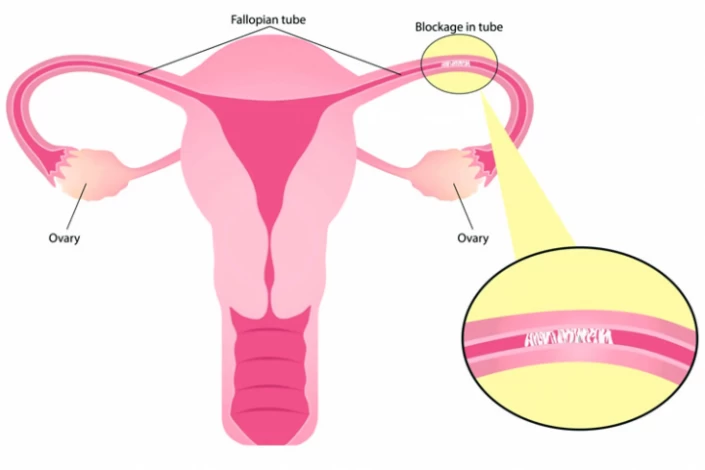
Can I Get Pregnant with Blocked Fallopian Tubes?
Luckily, if the fallopian tubes are blocked, pregnancy is still possible. Still, the chance of pregnancy highly depends on the treatment method, the severity of the blockage, and how well the ovaries respond to fertility drugs. The closer the blockage to the uterus, the higher the chance of pregnancy. On the other hand, if the blockage is near the ovaries, it’s less likely for the couple to get pregnant.
Moreover, the chance of getting pregnant is small if the tubes are damaged due to infection or ectopic pregnancy. Therefore, you need to discuss your chance of successful pregnancy before starting the treatment.
Pregnancy with One Blocked Fallopian Tube
Getting pregnant naturally with one blocked fallopian tube is possible, especially if the other tube is healthy and functioning normally. The chances of conception depend on different factors, such as the location and severity of the blockage and the patient's age.
There are also several fertility treatments for one blocked fallopian tube, such as laparoscopic surgery, Intrauterine insemination (IUI), and IVF with one blocked fallopian tube.
Patients who have one partially blocked fallopian tube may still be able to get pregnant naturally. If the blockage is near the end of the tube closest to the ovary, it may still be possible for the egg to travel through the tube and be fertilized by sperm. However, if the blockage is closer to the uterus, it may be more difficult for the egg to reach the uterus for implantation.
IVF with Damaged or Blocked Fallopian Tubes
IVF is best for women with damaged or blocked fallopian tubes who wish to get pregnant instead of surrogacy. Even if someone has no fallopian tubes, she may be able to get pregnant through IVF because, in this method, the embryo is placed right into the mother’s uterus, and there is no need for the embryo (or sex cells) to travel through the fallopian tubes.
Despite being highly useful, IVF with damaged or blocked fallopian tubes may cause OHSS, multiple pregnancies, infection of reproductive tracts, damage to the pelvis, and internal bleeding. Also, if you have a tubal infection, you cannot receive IVF treatment until your infection is fully treated.
What Are Fallopian Tubes Obstruction Treatment Types?
The success of treatment for blocked fallopian tubes depends on the location of the blockage, the patient's age, sperm health, and scar size.
Treating blocked fallopian tubes can be done through the below procedures.
- Opening the blocked uterine tube surgically, depending on the scar size and the blockage location;
- Removing scar tissue;
- Creating a new opening in the part of the tube by laparoscopy;
- Using the Hydrotubation method;
- Infertility treatment methods such as IVF in women over 35 years old - in case of complete blockage of the tubes.
It should also be noted that if only a part of the fallopian tube is blocked, the doctor can treat the obstruction and infection of the fallopian tubes by removing the damaged part and joining the healthy parts together.
What Are the Natural Treatments for Blocked Fallopian Tubes?
Here are some home remedies that can treat blocked fallopian tubes. However, you must consult a doctor about them in advance:
- Include vitamin C-rich foods in your diet
Vitamin C boosts immunity and is essential for iron absorption. Fallopian tube blockages caused by infections can heal with sufficient vitamin C-rich foods. Citrus fruits, strawberries, green peppers, and kiwis are rich in Vitamin C.
- Take vitamin D
Vitamin D helps produce estrogen and is a powerful regulator of gene expression in the proximal reproductive tract. To feed vitamin D receptors, enjoy daily sun exposure of 10-15 minutes, eat vitamin D-rich foods such as egg yolks and salmon, and take vitamin D supplements with the doctor's advice.

- Eat ginger root
Ginger is known to improve blood circulation. So it will help reduce inflammation and prevent uterine tube blockage. Add a tablespoon of grated ginger to 2 cups of boiling water. Let it steep for 10 minutes, and then taste it with honey 2-3 times daily.
- Do Yoga
Yoga and meditation can help relieve any inflammation in the fallopian tubes.
- Have reflexology
Reflexology prevents the blockage of the tubes by applying pressure on specific lymphatic and mucus reflexes on the fallopian tubes.
- Get therapeutic massages
Massage helps reduce inflammation or scar tissue and improves blood circulation and reproductive organs' function.
- Use Castor Oil
Castor oil has some medicinal properties that open blocked fallopian tubes.
- Quit smoking and drinking.
Smoking and drinking cause stress, and quitting them will reduce the risk of fallopian tube blockage.
Other factors such as sufficient sleep, herbal medicines, light exercises like stretching, and managing stress also help treat blocked fallopian tubes.
Can Homeopathic Medicine Be Used to Treat Fallopian Tube Blockage?
Homeopathic medicines use highly diluted substances to encourage the body's natural healing processes. However, there is no scientific evidence to support homeopathic medicine's effectiveness for fallopian tube blockage.
What Are the Complications of Blocked Fallopian Tube Treatment?
Possible side effects of blocked uterine tube treatment procedures are as the following:
- Damage to organs;
- Bleeding;
- Increasing the scar size;
- Infection;
- Ectopic pregnancy;
- Fallopian tube loss due to surgery;
How to Prevent Fallopian Tube Blockage?
In most cases, fallopian tube blockage is caused by pelvic infections. Therefore, the best prevention method is checking for infection symptoms and treating them promptly. On the other hand, some infections do not reveal any symptoms; they may cause inflammation and scarring in the tubes. In such cases, the patient should seek treatment when she finds out about the blockage or scarring. You should also consider the following points to prevent fallopian tube blockage:
- Regular screening to check for sexually transmitted diseases;
- Early treatment of infectious diseases to improve scar tissue;
- Use of antibiotics immediately after infection diagnosis;
- Early treatment of pelvic pain as well as genital pain during intercourse;
- Early treatment or consultation with a doctor regarding abnormal vaginal discharge, nausea, and abdominal pain.
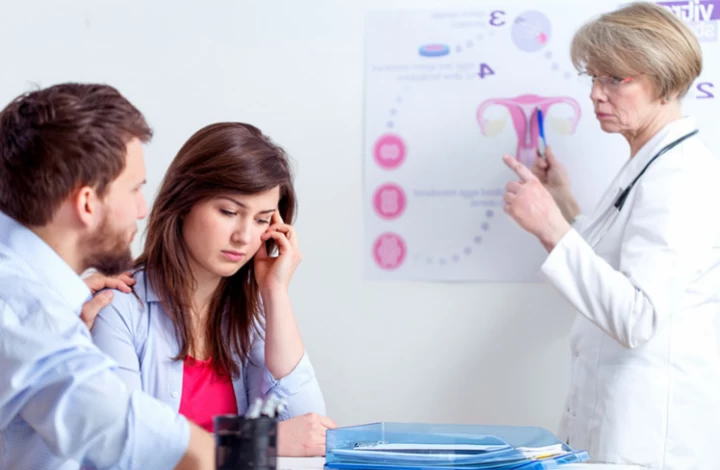
The Bottom Line
Blocked fallopian tubes are a common cause of infertility in women. However, the advancement of technology in the medical industry has made this condition not to be a significant obstacle in pregnancy. You can get pregnant despite the blockage of the fallopian tubes with the help of one of the assisted reproductive technologies, such as IVF, after visiting a doctor and performing the necessary tests.
Contact us for a free initial consultation about Fallopian Tubes
FAQs About Blocked Fallopian Tubes
Where does the egg go if fallopian tubes are blocked?
When fallopian tubes are blocked, the egg cannot travel from the ovaries to the uterus for fertilization. This obstruction can lead to tubal factor infertility, reducing the chances of conception. In some cases, there is a risk of ectopic pregnancy if the blockage is partial. Seeking medical advice is crucial for those experiencing fertility issues related to fallopian tube blockage.
Is it possible to unblock fallopian tubes naturally?
While some suggest lifestyle changes, such as maintaining a healthy weight and managing stress, as potential contributors to reproductive health, natural methods alone are often insufficient. Consult with a healthcare professional for personalized advice.
Can blocked fallopian tubes be a recurrent issue?
Recurrence depends on the underlying cause. Successful treatment may prevent recurrence if the initial blockage results from a reversible factor. However, certain conditions, like endometriosis, may pose an ongoing risk.
How does age impact fertility with blocked fallopian tubes?
Age can influence fertility, and individuals with blocked fallopian tubes may face additional challenges as fertility naturally declines with age. Seeking timely medical advice becomes even more crucial, especially for those planning to conceive.
Can blocked fallopian tubes cause pain during intercourse?
While not a universal symptom, some individuals may experience pelvic pain or discomfort during intercourse due to conditions associated with blocked fallopian tubes, such as endometriosis or pelvic inflammatory disease. Consulting a healthcare professional is essential for accurate diagnosis and appropriate management.
Can blocked fallopian tubes be detected through at-home fertility tests?
At-home fertility tests primarily focus on hormonal levels and ovulation prediction, providing limited insight into tubal blockages. Diagnosing blocked fallopian tubes usually requires medical procedures such as HSG or laparoscopy.
What are the main causes of blocked fallopian tubes?
The most common causes include pelvic infections, untreated sexually transmitted infections (like chlamydia), endometriosis, and complications from previous pelvic or abdominal surgeries.
What are the symptoms of blocked fallopian tubes?
Blocked tubes often don’t cause obvious symptoms, but some women may experience pelvic pain, painful periods, or difficulty getting pregnant.
How to cure blocked fallopian tubes?
Treatment depends on the severity—options include laparoscopic surgery to remove scar tissue, IVF to bypass the tubes, or in some mild cases, fertility-boosting medications.
Can blocked fallopian tubes be treated naturally?
While no natural remedy can physically unblock tubes, a healthy lifestyle and anti-inflammatory diet may support fertility and overall reproductive health.
Does blocked fallopian tube cause infertility in all cases?
If only one tube is blocked, pregnancy can still occur naturally through the open tube. Both tubes being blocked, however, usually requires medical assistance such as IVF.


 WhatsApp
WhatsApp
 Telegram
Telegram
 Facebook
Facebook
 Email
Email

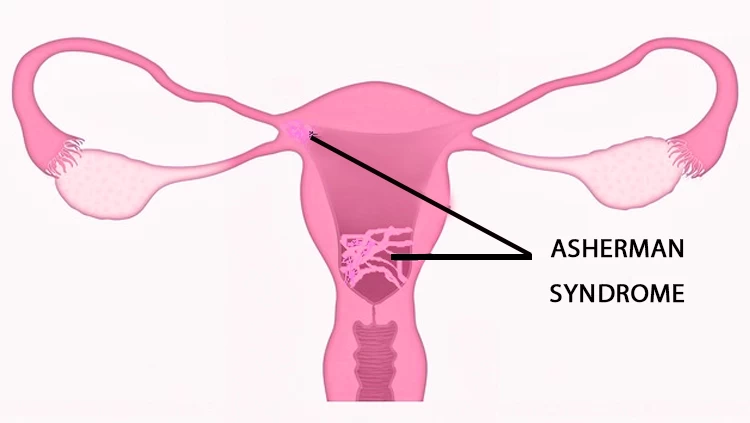

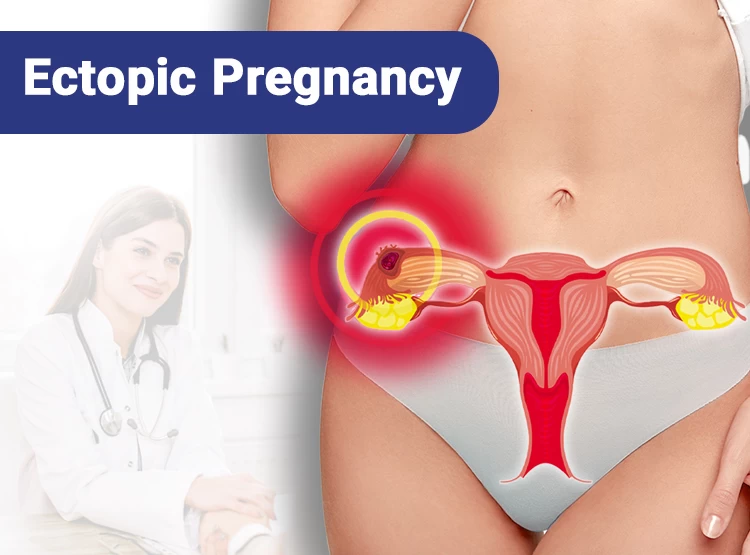
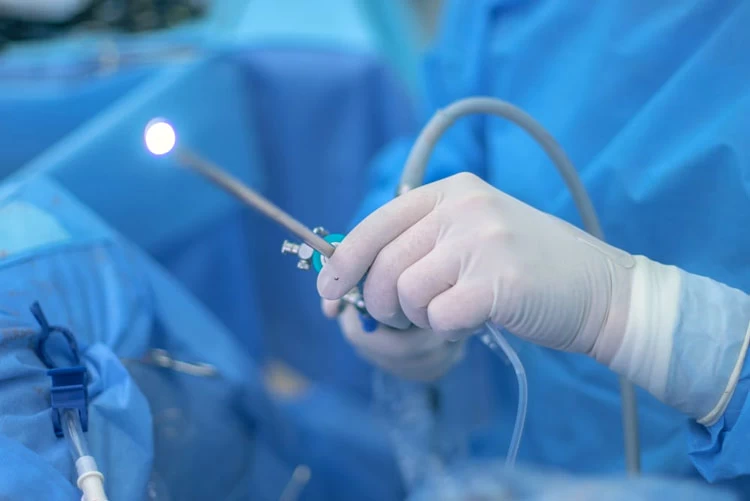
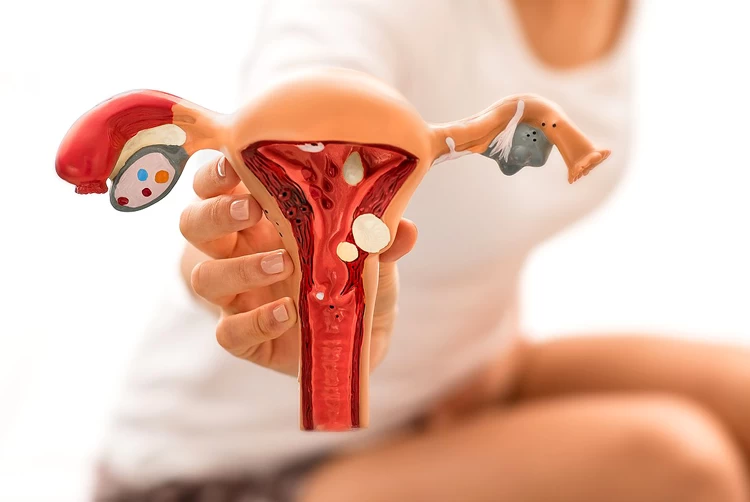

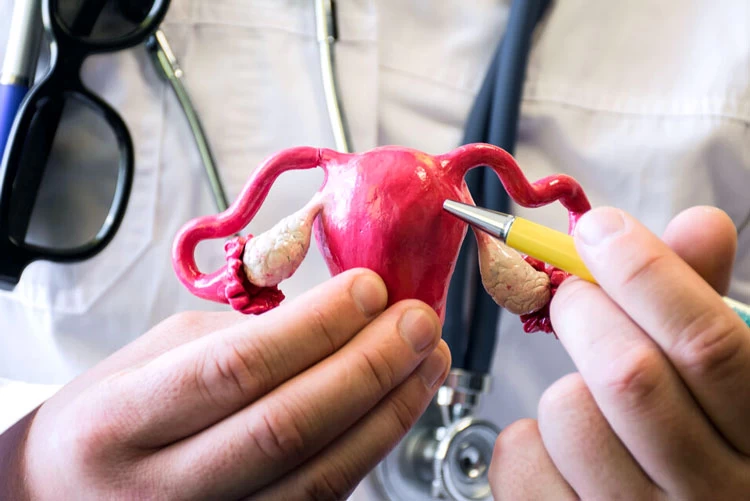


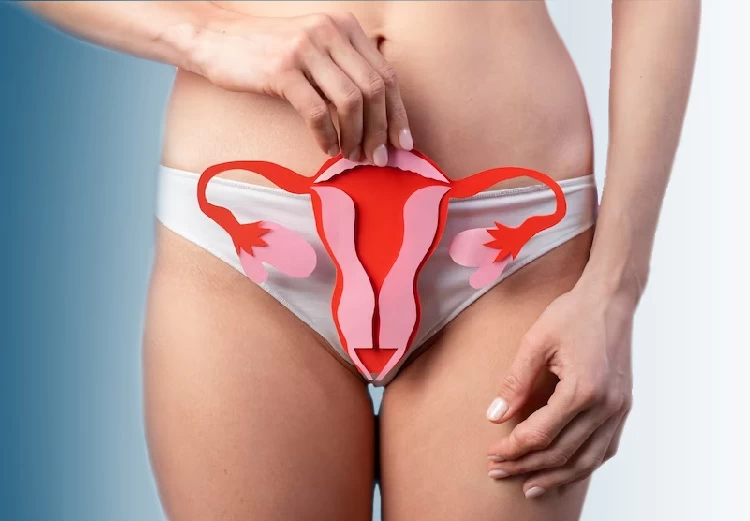
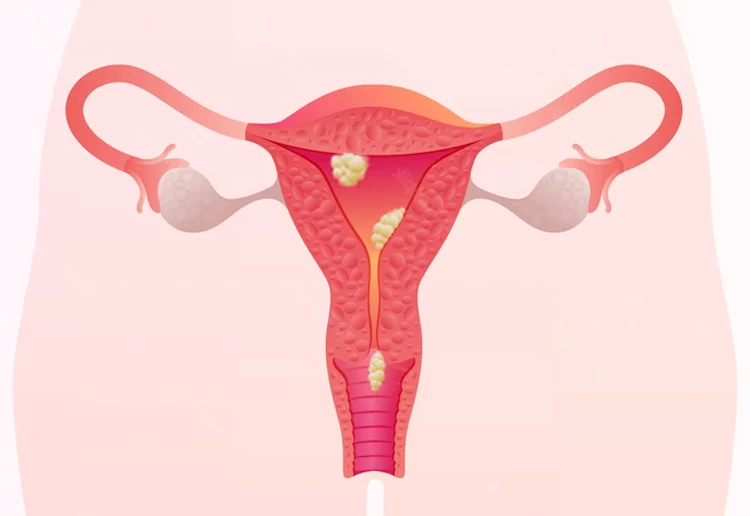


User
-I need a help
فاطمه وجهی
-greetings🌷
How can we help you?
plz contact us on WhatsApp
User
-Greetings I had extopic pregnant September later,is been six months now, still finding it difficute to get pregnant, should I go for HSG test?
فاطمه وجهی
-Dear user, HCG test is not the right test if you wanna make sure your follicles are working properly. what's best for you is AMH test, then consult the doctor.
In case you needed infertility treatment like ivf, iui, or surrogacy, contact this number on WhatsApp.
+989052510125